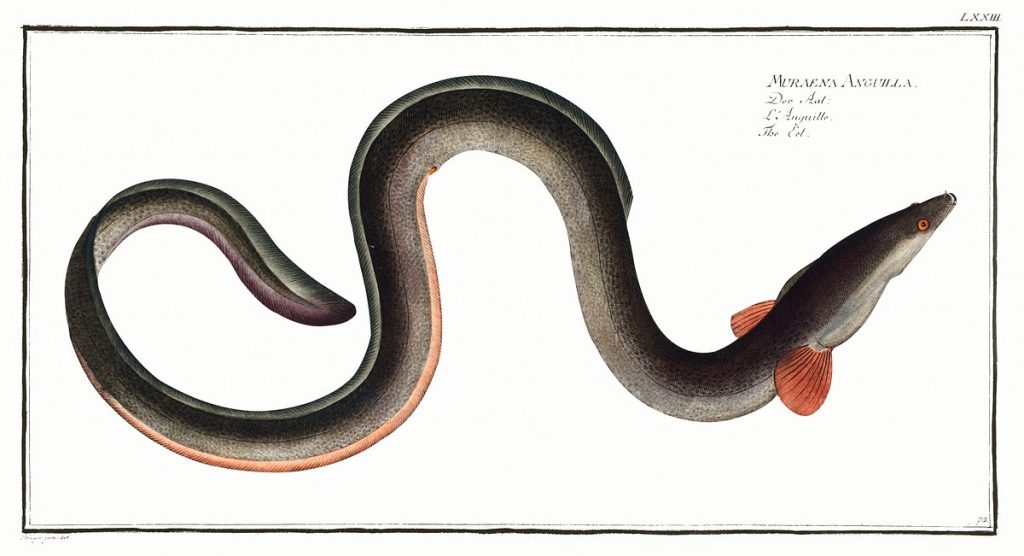“One way of dealing with this might be environmentally friendly methods of treating human waste, such as constructed treatment wetlands (CTWs), or artificially created wetlands specifically designed for the treatment of wastewaters.”
.
The River Sid is pretty clean, according to research by the Sid Valley Biodiversity Group’s team:
As part of their project mapping the valley’s nature, a group of volunteer citizen scientists has been recording the water quality all year, and they have begun sampling what is actually living in the river because that gives very good evidence for the cleanliness of the water.
Initial findings show town’s waterways are healthy | Sidmouth Herald
With more on the project here:
Monitoring Water Quality – The Sid
However, over the summer, there has been concern about the quality of the water of our rivers:
Looking after our rivers – Vision Group for Sidmouth
Creating a stink on Britain’s dirty rivers – Vision Group for Sidmouth

Meanwhile, the river system around Glastonbury has been suffering from unusual levels of pollution:
‘This study identifies that drugs are being released at levels high enough to disrupt the lifecycle of the European eel, potentially derailing conservation efforts to protect this endangered species,’ said study author Dr Christian Dunn at Bangor University.’Glastonbury have made great efforts to become plastic-free, [but] we also need to raise awareness around drug and pharmaceutical waste – it is a hidden, worryingly-understudied yet potentially devastating pollutant.’
Dangerous levels of cocaine and MDMA found in Glastonbury river | Daily Mail Online
With earlier studies suggesting the problem if more widespread:
Fish in British waterways contain cocaine, ketamine, methamphetamine, pesticides and pharmaceutical drugs, a 2019 study revealed. Kings College scientists working with the University of Suffolk collected water samples at 15 sites at five rivers around Suffolk. The authors said ‘surprisingly’ they found cocaine in every single sample – while the party drug ketamine and other pharmaceuticals were also found in freshwater shrimp.
Dr Leon Barron from King’s College London said: ‘Such regular occurrence of illicit drugs in wildlife was surprising. We might expect to see these in urban areas such as London, but not in smaller and more rural catchments. The presence of pesticides which have long been banned in the UK also poses a particular challenge as the sources of these remain unclear.’
River wildlife contain cocaine, pharmaceuticals and pesticides — ScienceDaily
With another report out last week:
Fish Hooked on Meth: the Consequences of Freshwater Pollution
One way of dealing with this, as suggested in the piece in the Mail, might be environmentally friendly methods of treating human waste, such as constructed treatment wetlands (CTWs), or artificially created wetlands specifically designed for the treatment of wastewaters.
Could constructed wetlands clean up Newtown Creek?
.